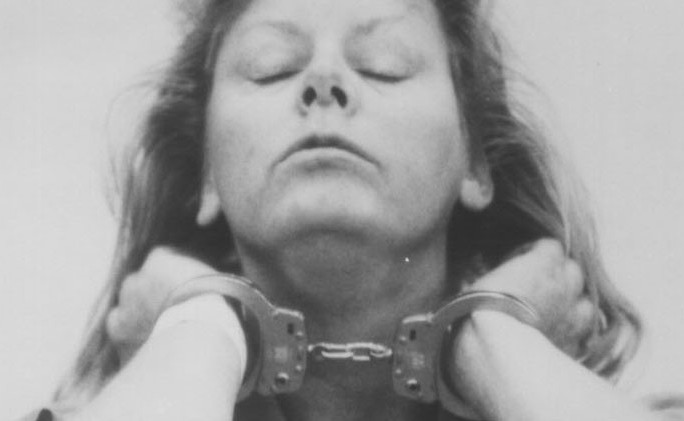Antisocial Personality Disorder
🧠 Explanation of Antisocial Personality Disorder (ASPD):
Antisocial Personality Disorder is a mental health condition where a person often shows no regard for right or wrong and doesn’t care how their actions affect others. People with ASPD may lie a lot, break rules, act aggressively, or even hurt others without feeling guilty. They tend to be manipulative and often have a hard time forming real emotional connections. It’s not just being “anti-social” like shy or withdrawn—it means their behavior regularly goes against basic social norms in serious and harmful ways.
📘 DSM-5 Clinical Definition:
According to the Diagnostic and Statistical Manual of Mental Disorders, 5th Edition (DSM-5), Antisocial Personality Disorder is defined as:
“A pervasive pattern of disregard for and violation of the rights of others,” occurring since age 15, as indicated by three or more of the following:
- Repeated unlawful behaviors
- Deceitfulness (lying, conning others)
- Impulsivity or failure to plan ahead
- Irritability and aggressiveness
- Reckless disregard for safety
- Consistent irresponsibility (e.g., failing to sustain work)
- Lack of remorse after harming others
To be diagnosed, the individual must be at least 18 years old, and there must be evidence of Conduct Disorder before age 15.












